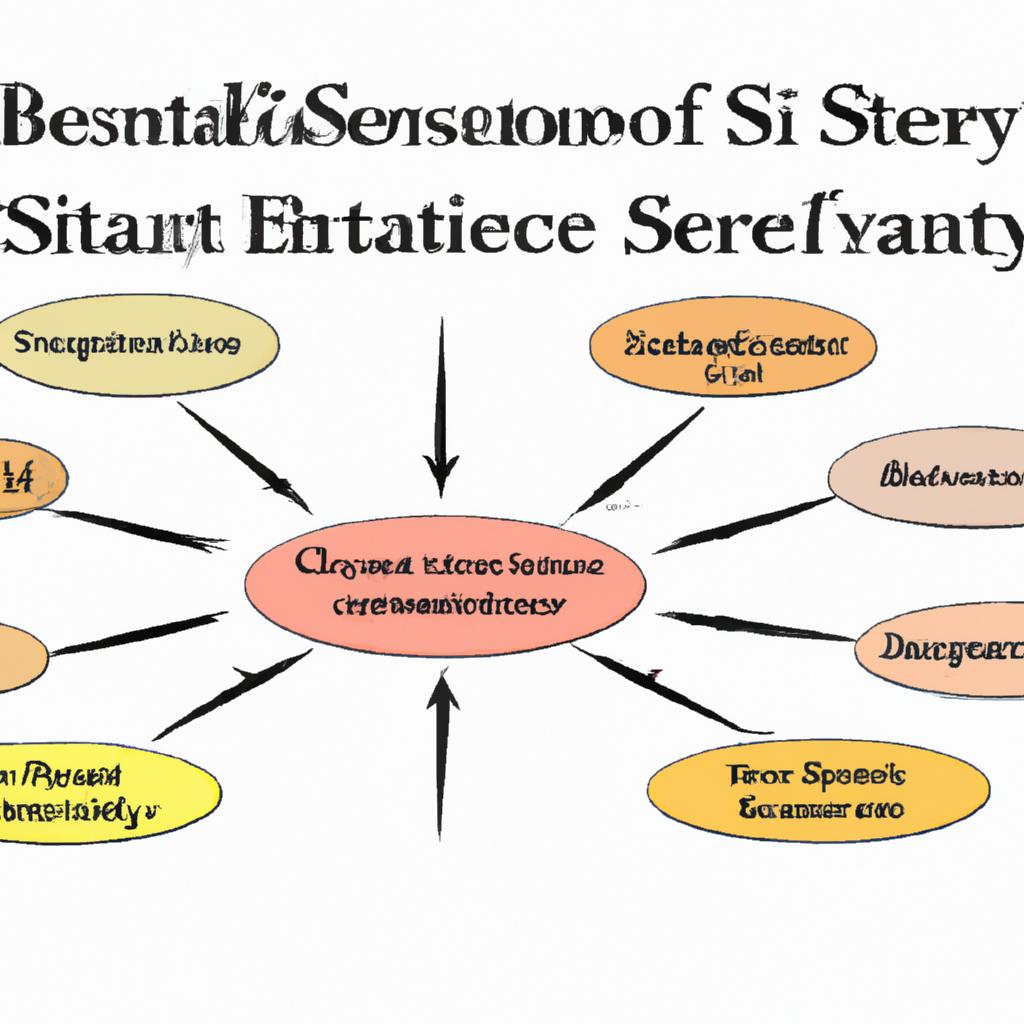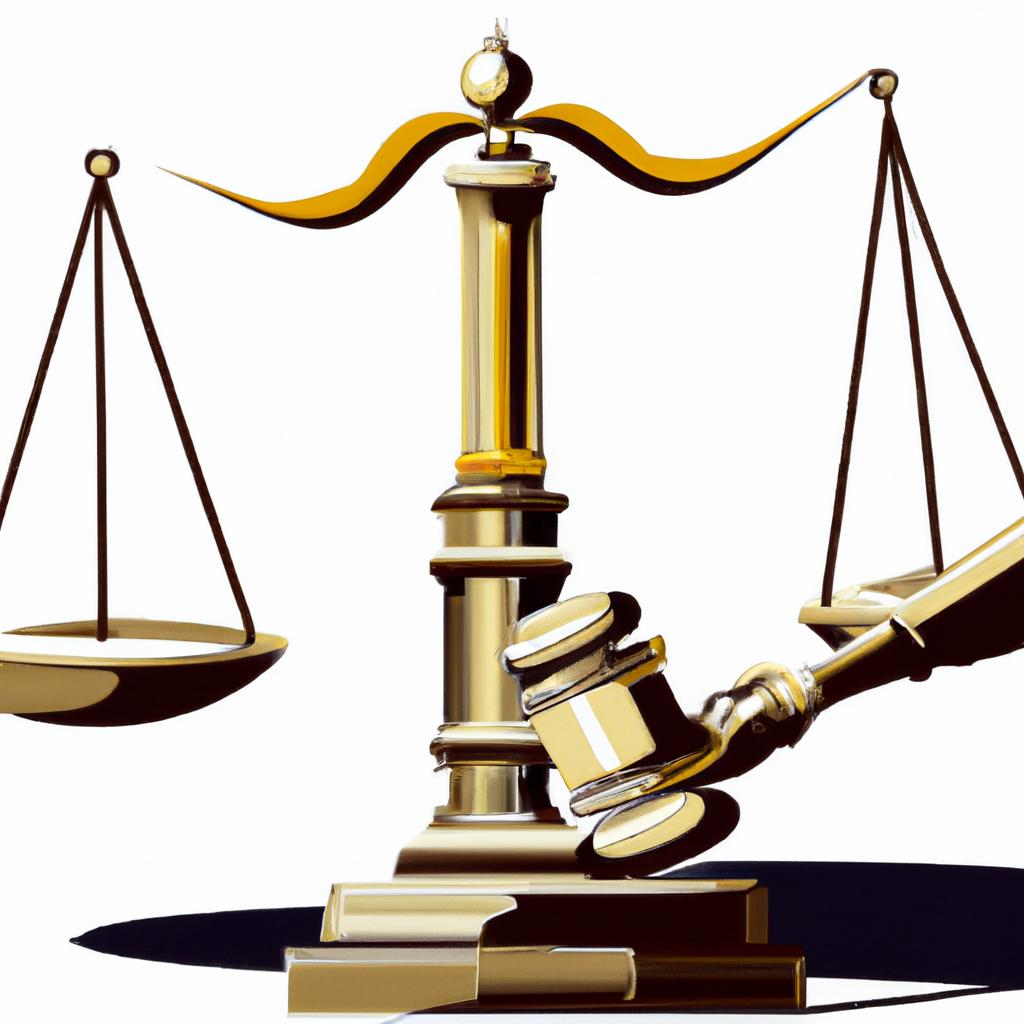In the intricate world of estate planning and administration, the need for a comprehensive estate inventory cannot be overstated. As seasoned legal practitioners at Morgan Legal Group in New York City, we understand the vital role that an estate inventory plays in the probate process. In this article, we delve into the purpose of an estate inventory, shedding light on its significance in safeguarding the interests of beneficiaries and ensuring the smooth distribution of assets. Understanding the complexities and nuances of estate inventories is crucial in navigating the intricacies of estate management with diligence and precision. Join us as we unravel the importance of this fundamental document in the realm of estate planning.
Exploring the Importance of Estate Inventories in Probate Proceedings
When it comes to probate proceedings, one crucial aspect that cannot be overlooked is the estate inventory. An estate inventory is a detailed list of all the assets owned by the deceased individual at the time of their death. This inventory includes everything from real estate and vehicles to bank accounts, investments, and personal belongings. The main purpose of an estate inventory is to provide an accurate account of the deceased’s assets for distribution to their beneficiaries.
Having a comprehensive estate inventory is essential in probate proceedings for several reasons. Firstly, it helps to prevent disputes among heirs over the distribution of assets. By having a clear record of all the assets, it becomes easier to determine how the estate should be divided according to the deceased’s wishes. Additionally, an estate inventory can also help to identify any debts or liabilities that need to be settled before the assets can be distributed. Overall, a thorough estate inventory is a critical tool in ensuring a smooth and fair probate process.

Strategic Benefits of Compiling a Comprehensive Estate Inventory
Compiling a comprehensive estate inventory is a crucial step in the estate planning process that can provide numerous strategic benefits for individuals and families. By meticulously documenting all assets and liabilities, individuals can ensure that their estate is managed efficiently and effectively according to their wishes. This detailed inventory can also help to streamline the probate process, minimize disputes among beneficiaries, and reduce the risk of unexpected tax liabilities.
One of the key strategic benefits of creating an estate inventory is the ability to accurately assess the overall value of the estate. This information is essential for determining how assets should be distributed among beneficiaries, as well as for developing a comprehensive estate plan that addresses potential tax implications. Additionally, a detailed inventory can help to identify any missing or overlooked assets, ensuring that nothing is left out of the final estate distribution.

Analyzing the Legal Requirements and Practical Considerations of Estate Inventory Compilation
When it comes to estate inventory compilation, it is essential to understand the legal requirements and practical considerations involved in the process. Estate inventory compilation serves a crucial purpose in the probate process, as it provides a detailed account of the deceased individual’s assets and liabilities. This information is necessary for determining the value of the estate, distributing assets to beneficiaries, and settling outstanding debts and taxes.
As experienced estate planning lawyers at Morgan Legal Group in New York City, we emphasize the importance of thorough estate inventory compilation to ensure that all legal requirements are met and that the probate process proceeds smoothly. By carefully documenting and categorizing each asset and liability, executors can effectively manage the estate and fulfill their fiduciary responsibilities. Additionally, maintaining accurate estate inventories can help prevent disputes among beneficiaries and minimize the risk of legal challenges.

Expert Recommendations for Efficiently Creating an Estate Inventory
According to experts in the field of estate planning, the purpose of creating an estate inventory is to provide a detailed account of an individual’s assets and liabilities at the time of their passing. This crucial document serves as a roadmap for executors and beneficiaries to ensure the proper distribution of assets in accordance with the deceased’s wishes. By meticulously cataloging all assets, such as real estate, investments, personal property, and debts, an estate inventory helps to streamline the probate process and minimize disputes among heirs.
To efficiently create an estate inventory, experts recommend the following strategies:
- Organize all financial documents, including bank statements, investment accounts, and insurance policies, in a secure location.
- Make a list of all personal property, such as jewelry, artwork, and family heirlooms, and appraise their value if necessary.
- Document any outstanding debts, such as mortgages, credit card balances, and loans, to ensure they are accounted for during the distribution of assets.
- Seek the guidance of a qualified estate planning attorney to ensure that the estate inventory complies with state laws and accurately reflects the deceased’s wishes.
| Asset Type | Estimated Value |
|---|---|
| Real Estate | $500,000 |
| Investments | $250,000 |
| Personal Property | $100,000 |
| Debts | ($50,000) |
Q&A
Q: What is an estate inventory?
A: An estate inventory is a detailed list of all the assets and liabilities of a deceased person at the time of their death.
Q: Why is an estate inventory important?
A: An estate inventory is important because it helps to provide an accurate record of the deceased person’s belongings and debts, which can be crucial for the settlement of their estate.
Q: What is the purpose of an estate inventory?
A: The purpose of an estate inventory is to ensure that all of the deceased person’s assets and liabilities are accounted for and properly distributed according to their wishes or state law.
Q: Who is responsible for creating an estate inventory?
A: The executor or personal representative of the deceased person’s estate is typically responsible for creating an estate inventory.
Q: What happens if an estate inventory is not done?
A: If an estate inventory is not done, it can lead to confusion, disputes, and delays in the probate process, which can ultimately prolong the distribution of the deceased person’s assets to their beneficiaries.
Q: How should an estate inventory be conducted?
A: An estate inventory should be conducted thoroughly and accurately, with detailed descriptions and valuations of each asset and liability. It is recommended to seek the assistance of a professional, such as an attorney or accountant, to ensure that the inventory is done correctly.
Closing Remarks
In conclusion, the purpose of an estate inventory is to provide an accurate and detailed account of the assets and liabilities left behind by a deceased individual. By compiling this information, loved ones and legal representatives can ensure that the estate is managed and distributed properly according to the wishes of the deceased. It serves as a vital tool in the estate settlement process, helping to protect the interests of all parties involved. Overall, an estate inventory serves as a crucial step in the legal and financial proceedings following the passing of a loved one, providing clarity and transparency in a time of transition and uncertainty.

